After captivating Karachi, Lahore, and Islamabad, Junejo's play has found a new home in Dutch theatres.
Wara Irfan
02 Jan, 2024
When good theatre comes around for Pakistanis in a nation where the art form is witnessing a decline, it’s cause for celebration, as was the case two years ago when Ali Junejo and Rasti Farooq — known from the acclaimed film
Joyland — introduced their dark comedy play
Both Sit In Silence For A While in Karachi, Lahore, and Islamabad.
Considerable
attention surrounded the play, inspired by
absurdist writings.
Both Sit In Silence For A While has now surpassed its national confines and is being
staged in Dutch in the Netherlands. After having connected deeply with local audiences, this Pakistani production has now found a
new audience over 5,000km away.
“After tremendous success in Pakistan, we’re bringing this piece to Europe for the first time!” proclaimed Studio Antigone — a Dutch theatre production company. The play will have six shows at various venues across the Netherlands until February 9, directed in its translated version by Agaath Witteman, titled
They Sit And Say Nothing for A Moment (Dutch to English translation).
Junejo and Farooq sat down for a conversation with
Images and shared their excitement over this development.
Actors Marguerite de Brauw and Julien Croiset in the Dutch adaptation — Marieke Timp/Studio Antigo
Junejo — who wrote, directed, co-produced, and acted in the original play — was overjoyed upon learning of the foreign agency’s interest in acquiring the rights to his brainchild. This was his first solo-written play and his third overall.
He was in the company of Farooq, his co-star in the two-hander when they received the news.
“I was like ‘that’s not possible, no, this is a joke. There is no way somebody would [want to] do this. This is a prank or a con of some sort,” the actor-director recalled.
He feels “weird” because, on one hand, he is “thrilled and excited,” but he is also experiencing “a bit of an imposter syndrome.” “Because I am a nobody,” the humble writer said, to which we disagreed, of course. Not only was his play able to deeply connect with the Pakistani audience while it ran, but Junejo has also become well-known after starring in
Joyland.
“I appreciate your kindness, but… But, that’s how it, you know, how it felt for me,” he added.
Actors Rasti Farooq and Ali Junejo in the original play — Olomopolo Media
Both Sit In Silence For A While explores the dynamics between a warring couple, played by Junejo and Farooq.
“The play was about things that are universally human, relationships and marriage and the ability of people to communicate, the things that bring people together, the things people do to each other out of care, and how sometimes they leave themselves behind out of care for somebody else,” the director explained.
“So I feel like that would reach out to people, generally speaking. […] That’s what ended up happening,” he said.
“I think that it’s a universal concept. Just the idea of marriage and people and love and relationships and so on and these things. I think that these things are everywhere,” he added.
After the realisation hit that his play was indeed transcending borders, his only hope for his creation was that “it would retain its humour”. “Because a lot of the things in the play are meant to be funny and they’re absurdly funny. They’re obviously a bit dark and all that, but they’re absurdly funny,” Junejo explained. “And my only hope was that everybody gets the joke.”
Speaking of the changes made to the original play for the European adaptation, he clarified that the sole requirement for the Dutch producers was the translation into Dutch. “It was completely up to them how they wanted to translate it once they got the rights to it.” He simply hoped things weren’t “lost in translation.”
Actors Marguerite de Brauw and Julien Croiset in the Dutch adaptation — Marieke Timp/Studio Antigo
“If it gains momentum and if people enjoy reading it and they want to perform it, I am happy to get it into as many languages as they want.” Additionally, he expressed a desire to translate it into Urdu and perform it.
Farooq also shared her perspective with
Images regarding the Dutch adaptation. Reflecting on local performances, she found it intriguing that despite a mostly similar audience background, each viewer interpreted the play differently. “Largely more or less [people of] the same kind of background were watching this play, and interpreting it so differently,” she said.
“The characters’ physicality was very important to our performance. At what times, how do they face off against one another? Where are they standing? How do they move? And so it’s really interesting to see how, in this Dutch production, we hadn’t told them about any of this.
“They hadn’t seen how the play had been done here. They didn’t have a recording. So they started afresh. And so [I was] curious to see how they’ve designed the set and whatever I could glean from the pictures, how they designed the physicality of this. And then even in the little review piece that we read, it was so interesting that this person was comparing this play to [Edward Albee’s]
Who’s Afraid of Virginia Woolf? These connections just form inevitably,” the actor added.
Actor Julien Croiset in the Dutch adaptation — Marieke Timp/Studio Antigo
Touching on the narrative of the play, she emphasised that the central theme of the play is “love”. “It’s a very tender feeling, but it’s also very — it can be a very thorny feeling. [The characters] are trying to bridge this terrible gap between them for the sake of their daughter.
“And the way that that’s been written, all that conflict is woven very intricately with people. So I was just hoping that, in the translation of it, that would also carry through,” she said, mirroring Junejo’s hopes.
She acknowledged that translations are “tricky,” stating that one can never “carry forth the same set of meanings,” and that “things change inevitably.”
The warring couple in the play want to get a divorce and the conflict lies in their refusal to take custody of their daughter afterwards. The wife is too busy, and the husband is too depressed. “The dynamics in the play are fairly simple. There is a couple, and they have agreed that they’re going to separate. They’re not going to be together,” Junejo explained.
“And that’s an age-old issue that exists between people.”
to be Cont'd








1703065890-0/KRQMEHWISHBEEF-(1)1703065890-0.png)


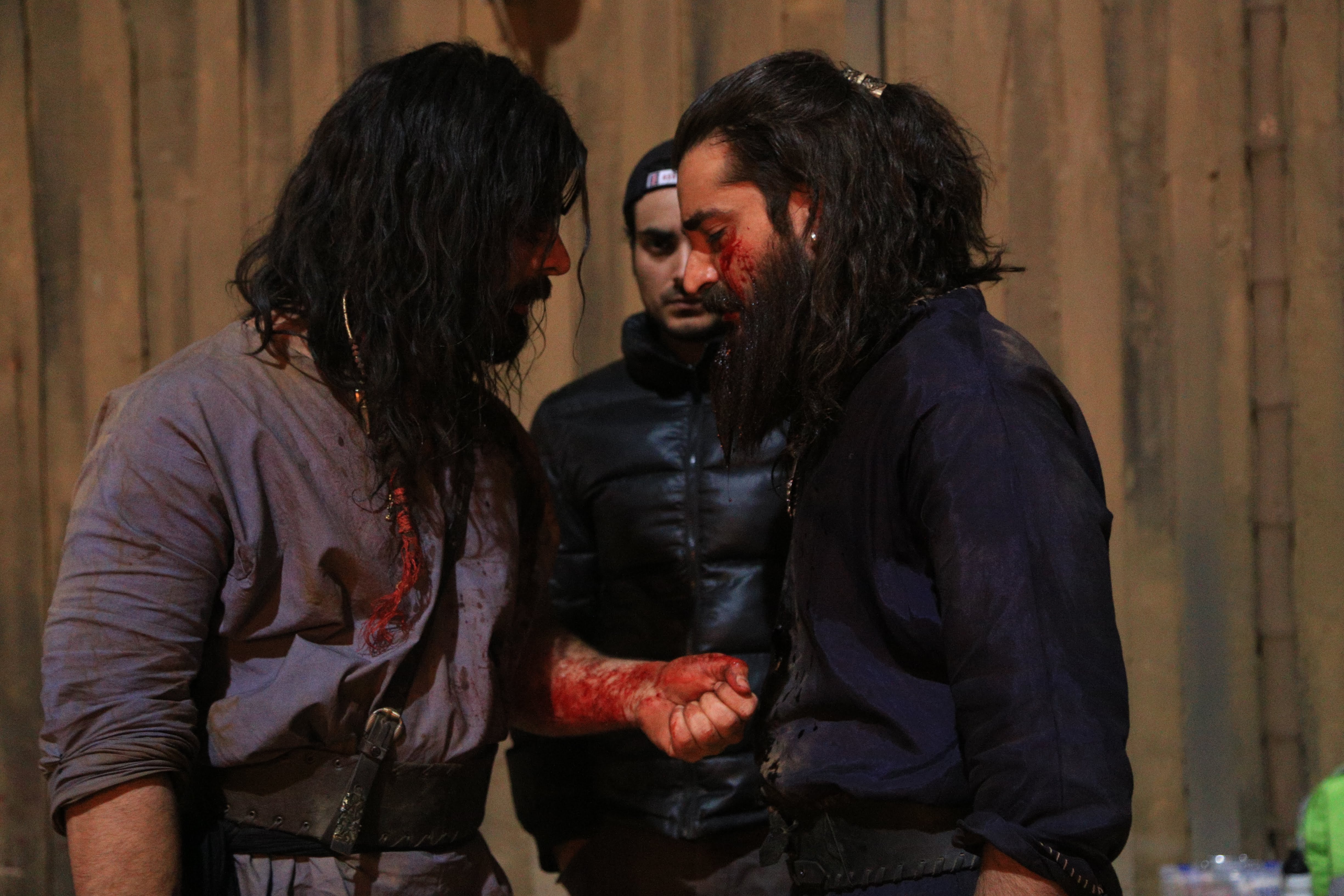
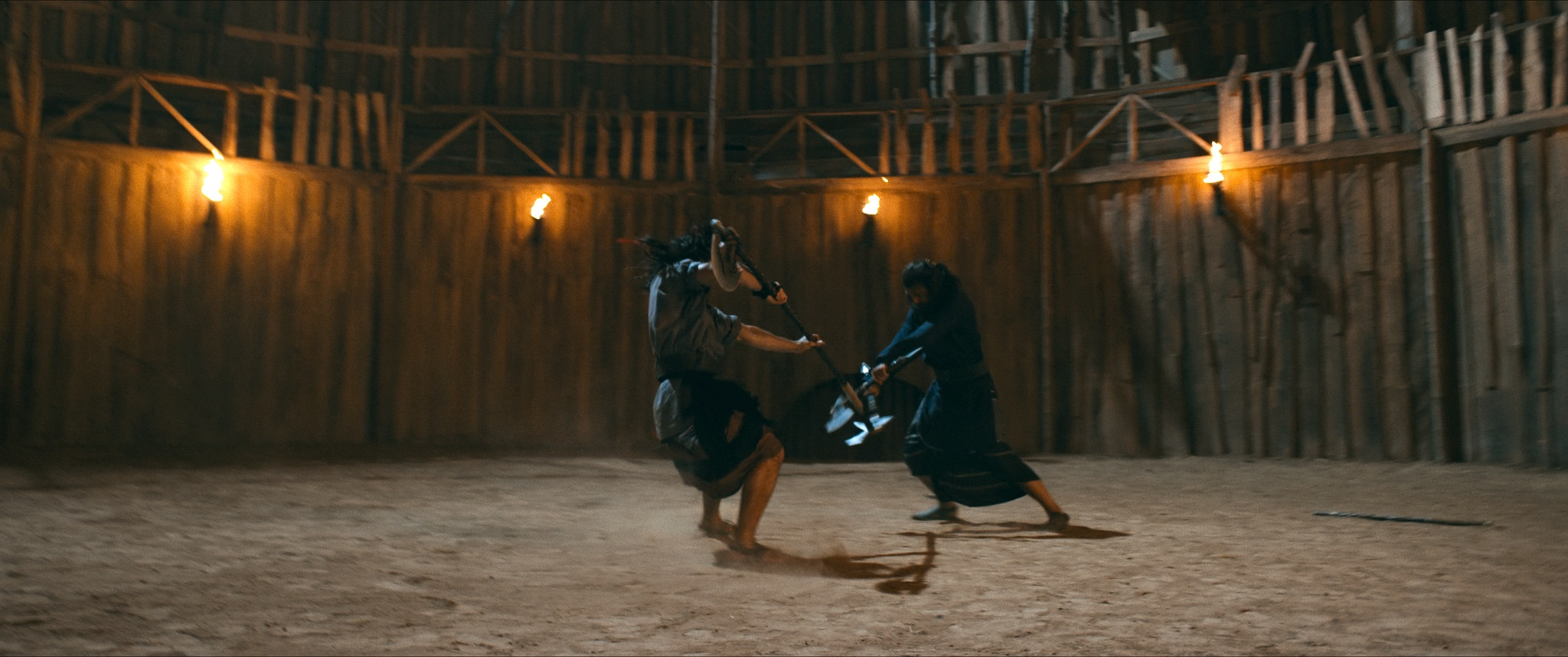
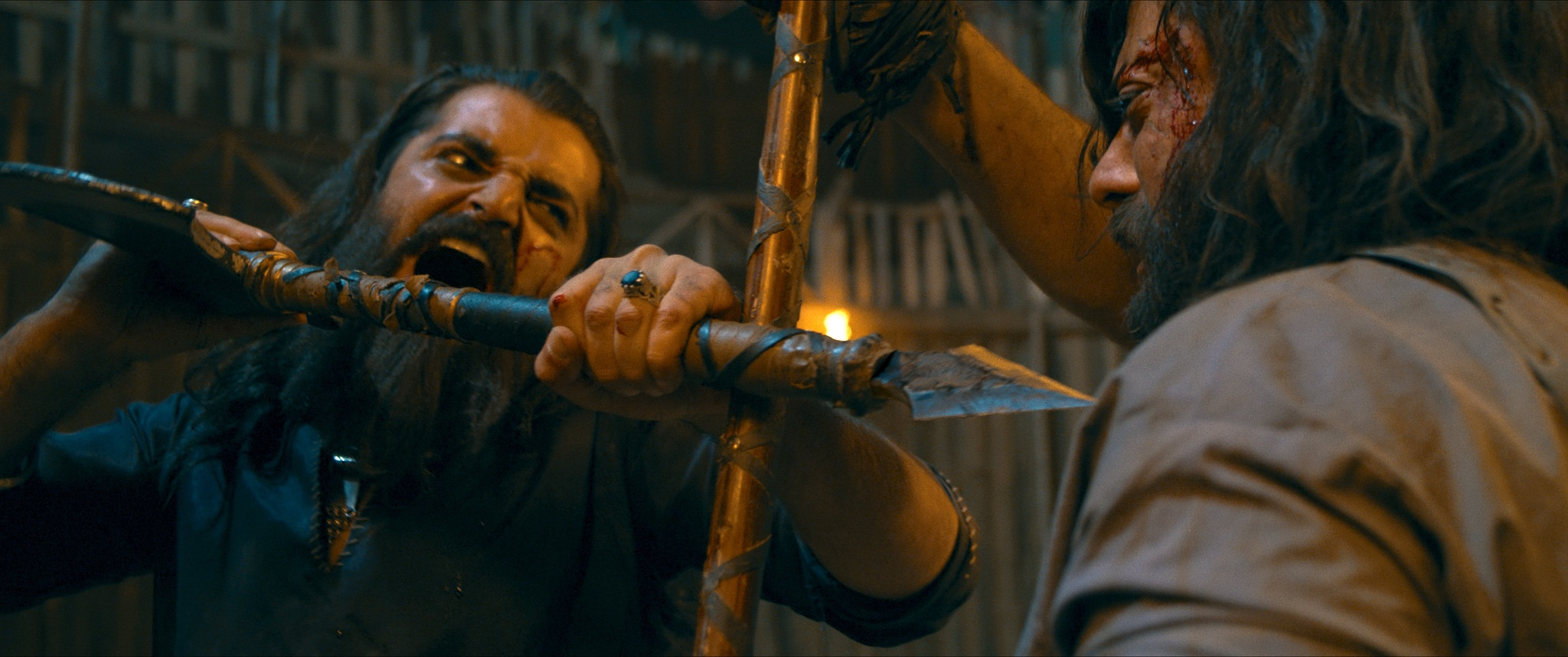
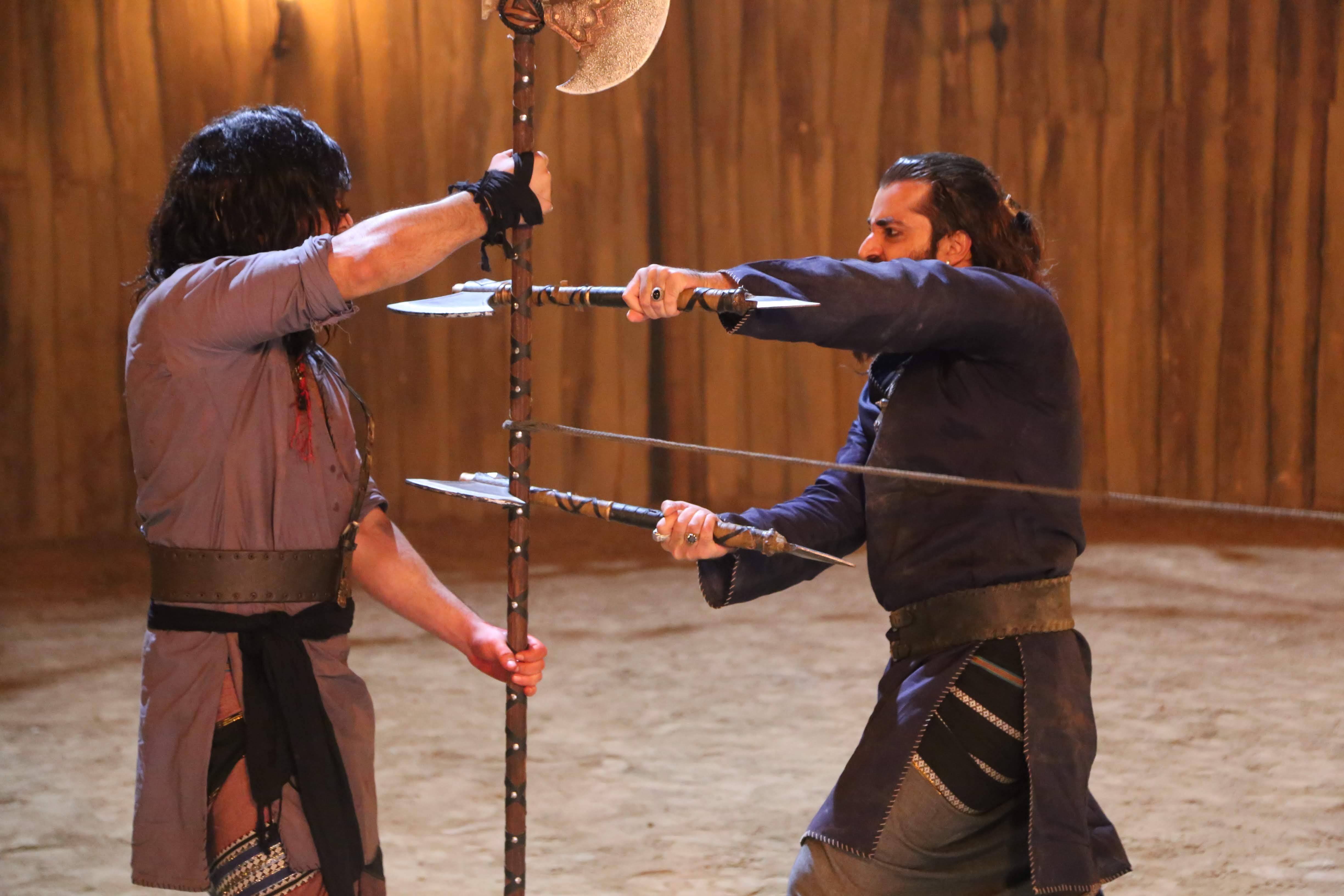
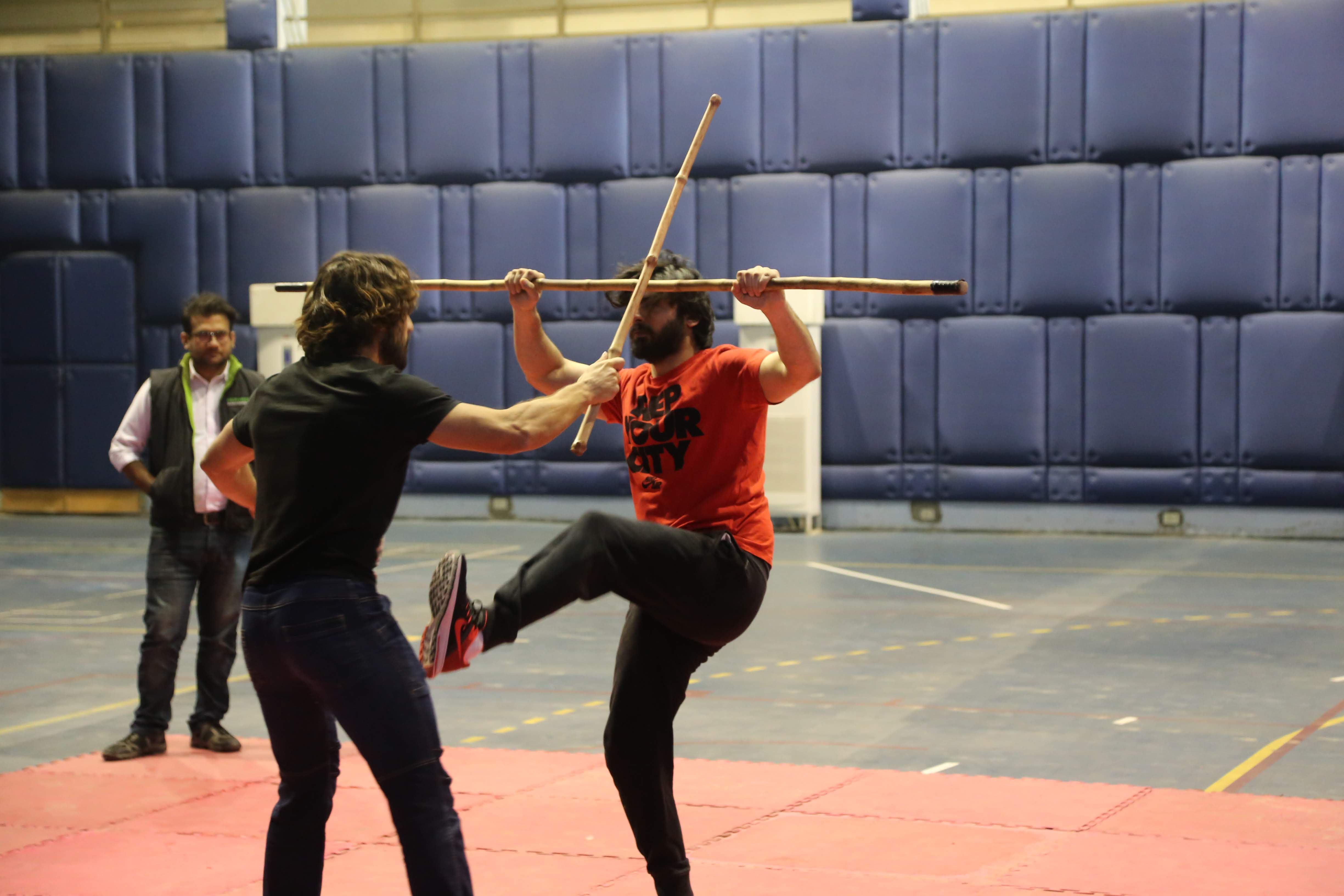
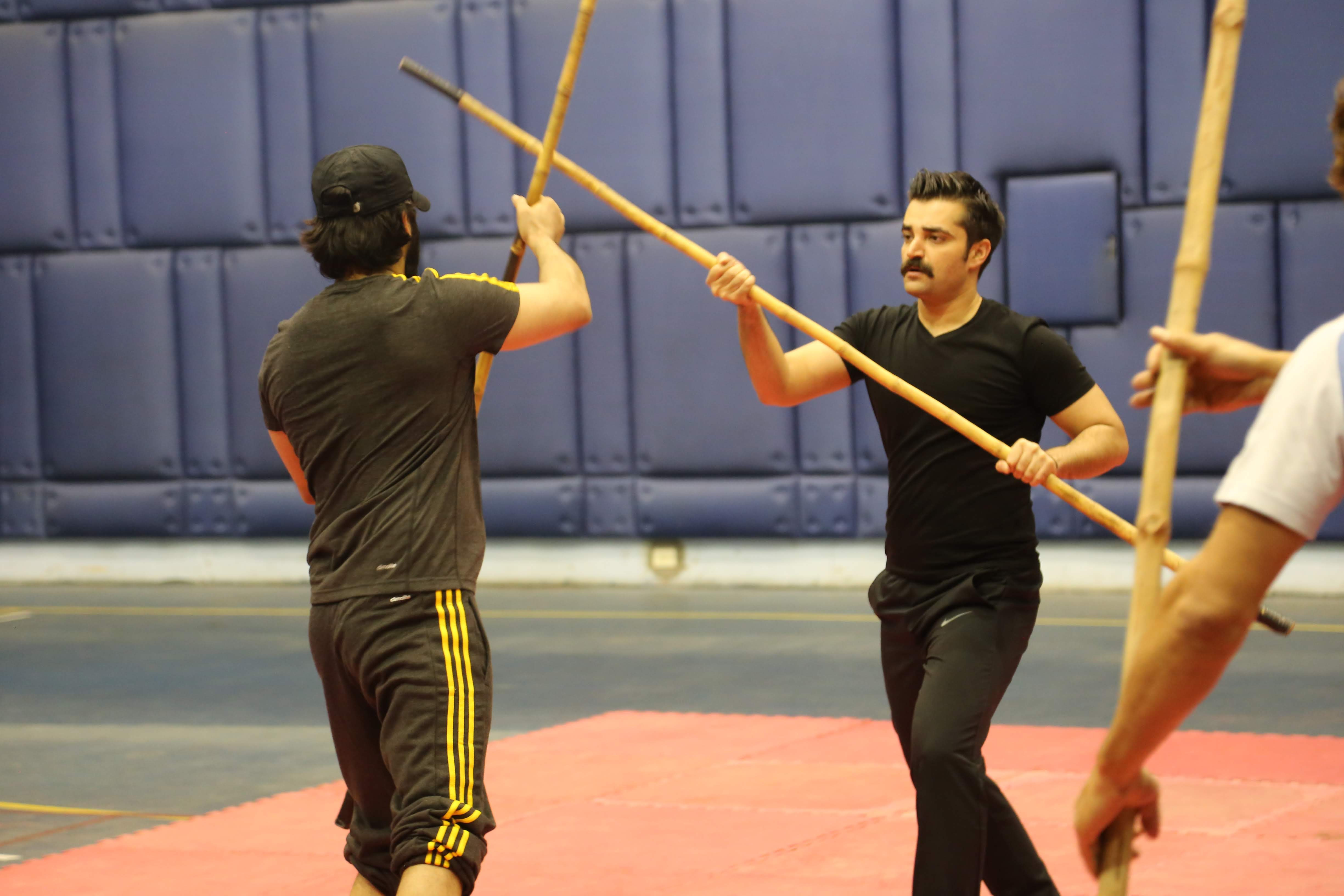
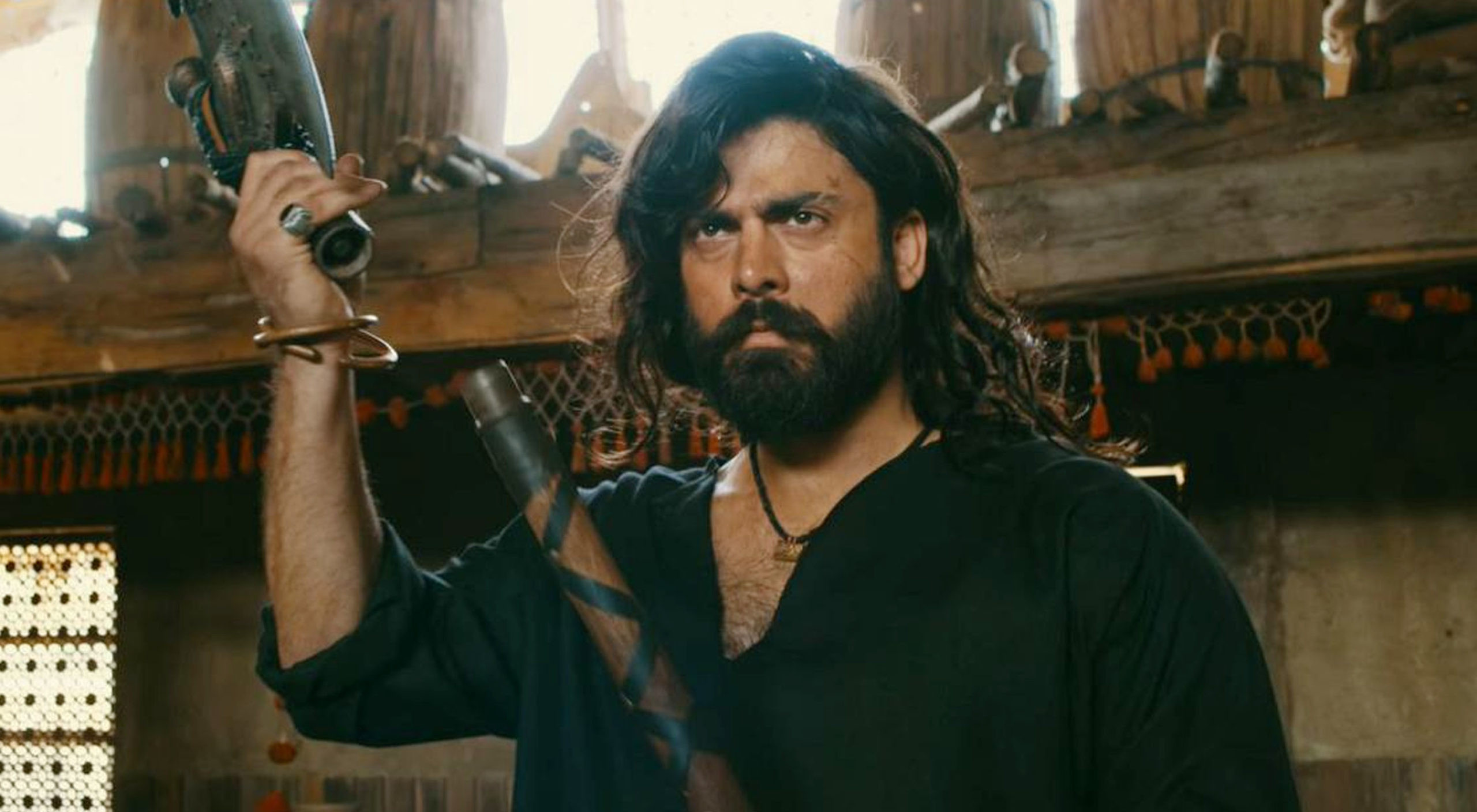




1703677830-0/Untitled-design-(61)1703677830-0.png)








